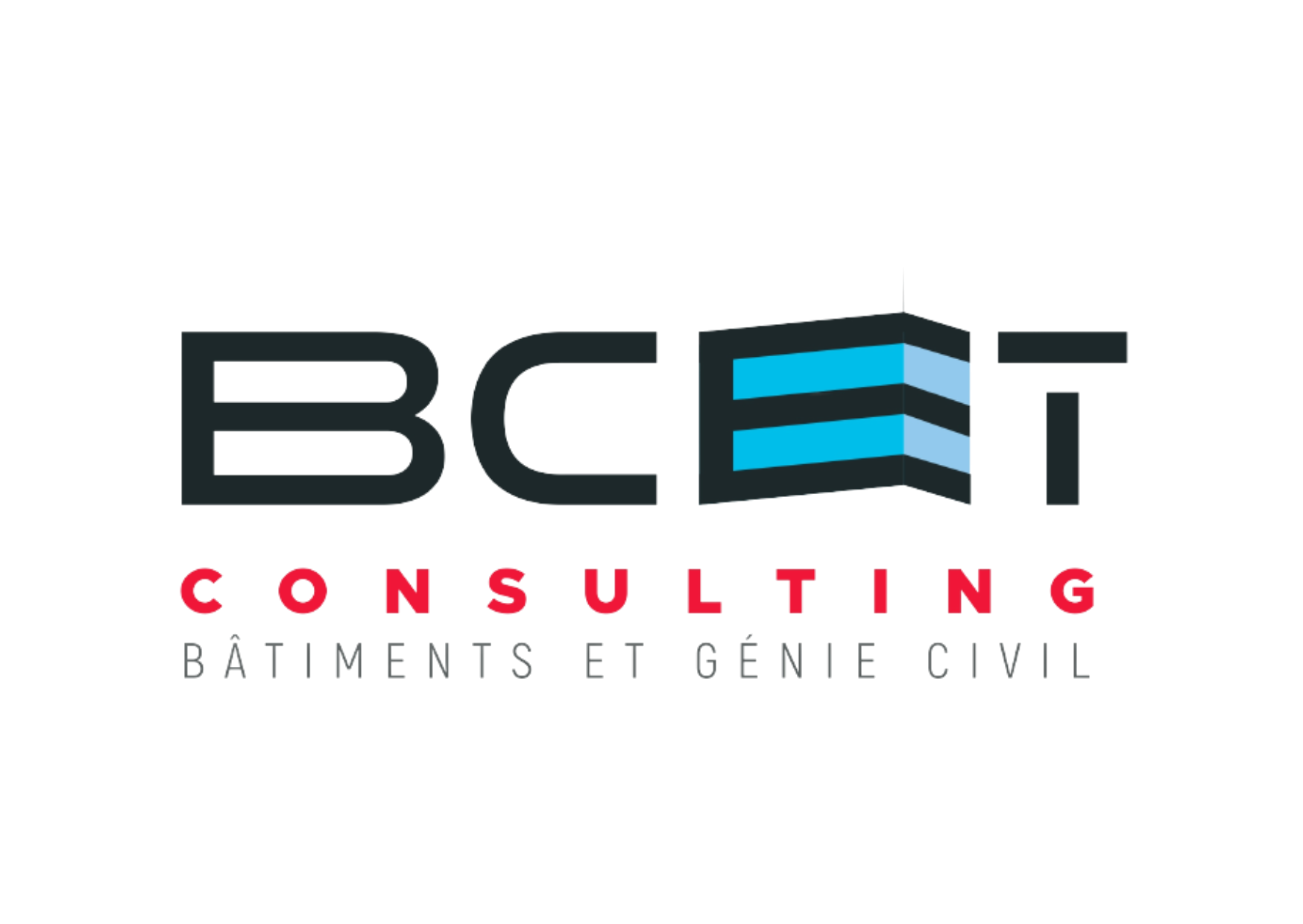The Evolution of Google Search: From Keywords to AI-Powered Answers
Commencing in its 1998 rollout, Google Search has converted from a unsophisticated keyword analyzer into a adaptive, AI-driven answer solution. In early days, Google’s success was PageRank, which positioned pages via the value and volume of inbound links. This transformed the web off keyword stuffing in the direction of content that attained trust and citations.
As the internet grew and mobile devices flourished, search conduct developed. Google launched universal search to unite results (articles, imagery, films) and afterwards underscored mobile-first indexing to illustrate how people indeed browse. Voice queries courtesy of Google Now and in turn Google Assistant pushed the system to read vernacular, context-rich questions contrary to clipped keyword combinations.
The succeeding stride was machine learning. With RankBrain, Google commenced interpreting prior unfamiliar queries and user mission. BERT elevated this by discerning the refinement of natural language—syntactic markers, conditions, and relations between words—so results more reliably corresponded to what people purposed, not just what they queried. MUM increased understanding among different languages and varieties, permitting the engine to combine pertinent ideas and media types in more intelligent ways.
In modern times, generative AI is reconfiguring the results page. Projects like AI Overviews integrate information from different sources to deliver terse, pertinent answers, repeatedly coupled with citations and forward-moving suggestions. This diminishes the need to visit diverse links to formulate an understanding, while all the same orienting users to deeper resources when they prefer to explore.
For users, this transformation indicates faster, more refined answers. For professionals and businesses, it incentivizes profundity, innovation, and readability ahead of shortcuts. Down the road, foresee search to become increasingly multimodal—gracefully mixing text, images, and video—and more user-specific, tailoring to configurations and tasks. The voyage from keywords to AI-powered answers is ultimately about redefining search from retrieving pages to solving problems.
